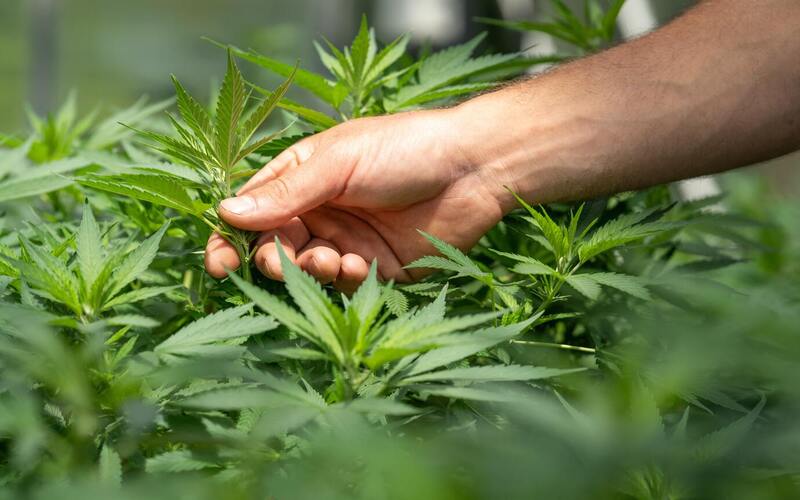Cannabis has the potential to save the world. It takes pollutants out of the soil as it grows. When harvested, it can serve as fuel, food, or fiber. From hemp textiles to biofuels to building materials to medicine, its versatility is virtually unmatched in the natural world.
Yet, despite its wonderful properties, the legal industry is gaining a reputation for being unsustainable. It is Cannabis & Tech Today’s mission, in partnership with Regennabis, to prove the cannabis industry can be sustainable, eco-friendly, and a valuable tool in the global fight against climate change.
To showcase the brands embracing these ideals, Cannabis & Tech Today launched the Sustainable Leadership Awards. Now in its second year, these awards serve to highlight the great work happening in the industry.
Even one small step in the right direction can inspire a cascade of followers. The companies that won this year’s awards are acting as leaders, demonstrating that responsible growth is attainable.
The Sustainable Leadership Awards include nine categories. This year, there were three categories for which Cannabis & Tech Today and Regennabis did not award a winner: SDGs, Social Impact, and Event.
While the applicants in these categories are doing good work in their respective fields, the advisory board was not presented with enough data to support their applications.
Both Cannabis & Tech Today and Regennabis look forward to receiving more inspiring applications from industry innovators next year. To hear more from this year’s winners, visit www.cannatechtoday.com/SLA2021.
Energy Conservation
The 2021 Sustainable Leadership Award for Energy Use is awarded to Glass House Brands. The company began using DYNAGLAS panels in its 350,000 square-foot Padaro greenhouse, reducing energy consumption by 20%.
The company commissioned a study of its operations from cannabis energy consultancy group Seinergy comparing energy use at Glass House with average greenhouse and indoor cannabis cultivation operations.
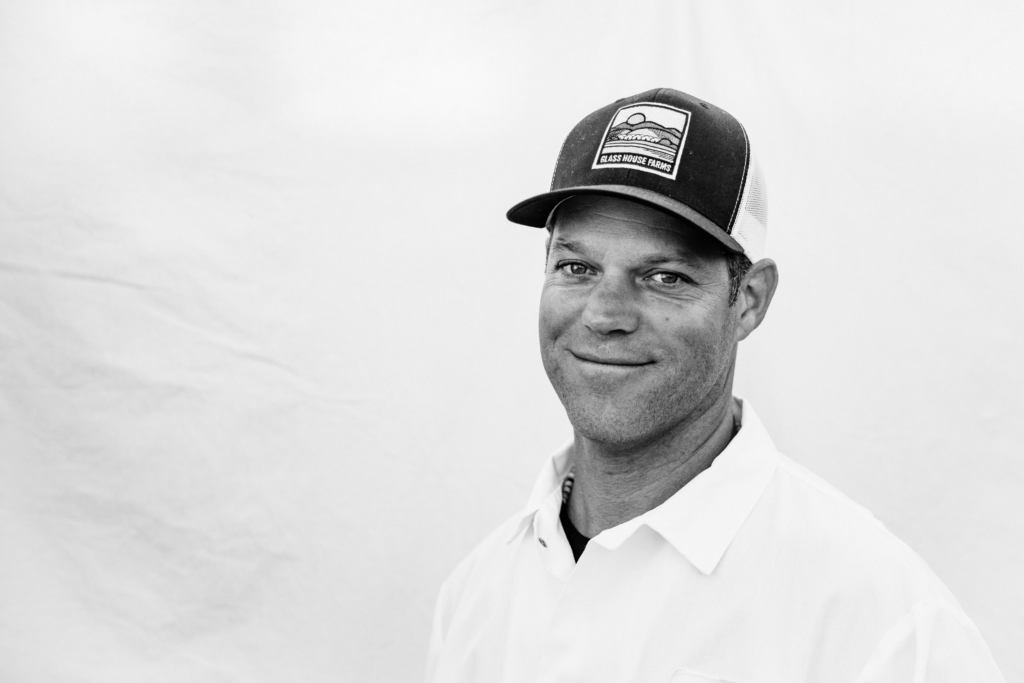
It found the average indoor grow uses 262 kilowatt-hour per square foot of flower (kWh/SF). The average greenhouse grow used 134 kWh/SF.
Glass House’s average was 13 kWh/SF. BDS Analytics reported Glass House Group’s consumer brand, Glass House Farms, was the top-selling flower brand in California in July of 2021. For a large brand to demonstrate such a high-level of energy efficiency sets a powerful example for the rest of the industry.
Cannabis & Tech Today: How does the company plan to further reduce its energy consumption?
President and Co-Founder Graham Farrar: What we’re most excited about is the technology and efficiency that we expect to take a giant step forward at our new 5.5 million-square-foot facility.
The amount of sunlight there is even better; the greenhouses are even more efficiently designed for using every ray of sunlight; the water capture systems are even more efficient; there’s a huge solar field; there’s gas power cogeneration on site; and there’s a robot window washer to keep the glass clean to maximize our light transmission.
Sustainable Packaging
Diamond Packaging is being recognized for its commitment to sustainable leadership in the field of packaging. The company’s Greenbox Sustainability Initiative was created to research, design, and implement more sustainable packaging solutions for the cannabis industry.
In 2020, 97% of all the company’s packaging was created using renewable or recycled paperboards. It uses wind energy for 100% of its electrical energy requirements. As of 2014, the company achieved “Zero Waste to Landfill” status. Diamond Packaging aims to reduce its energy and water consumption, plus emissions, by 2% per year for the next 10 years.
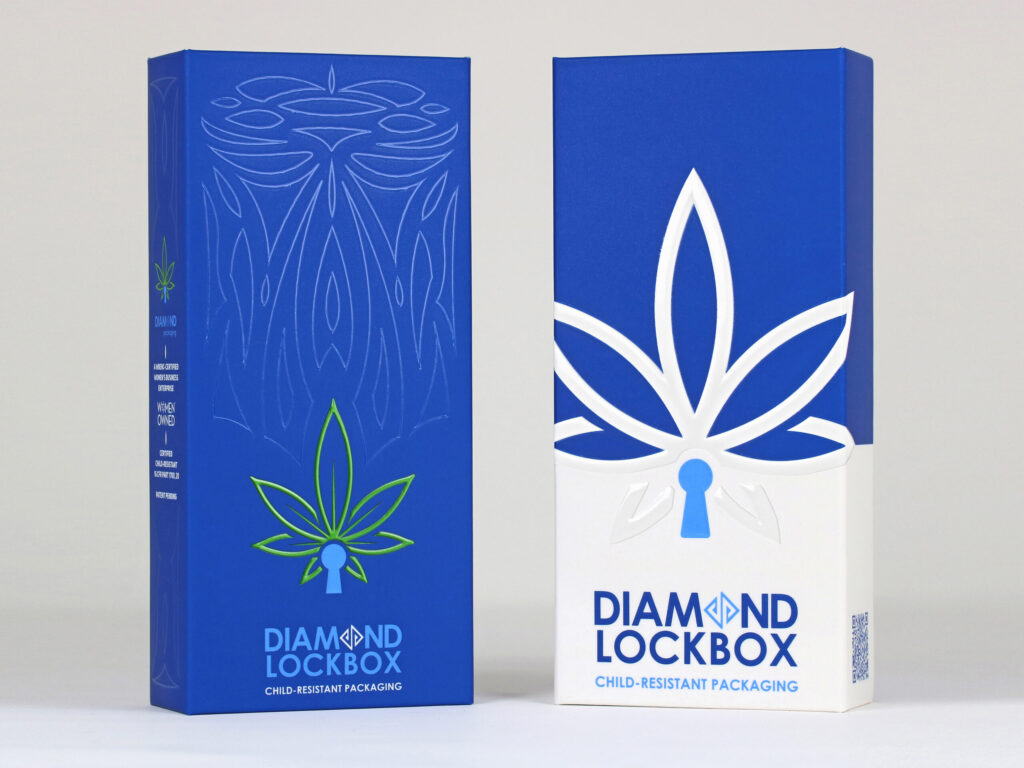
C&T Today: How is the company using technology or innovation to become more sustainable?
Director of Marketing Dennis Bachetta: We address these challenges through a continually evolving focus on packaging product safety and improved environmental attributes, including designs, materials, methods, and recovery/recycling waste streams.
Diamond developed its Greenbox initiative to research, design, and implement more sustainable packaging solutions that address challenges of the cannabis industry. The core of the initiative — designs, materials, and methods — represents a comprehensive approach to packaging that minimizes environmental impact throughout the supply chain.
Innovation in Sustainable Technology
One area begging for innovation in this sector is drying and curing. The process involves plastic storage tubs, rudimentary hanging racks, a rotation of glass jars and timers, plus an HVAC system to dehumidify and provide precision temperature control. The process can take weeks or months, depending on location, and is energy intensive.
Cryo Cure, a cannabis technology company, is offering an innovative alternative. Its proprietary technology freeze-dries flower in 12-14 hours, saving weeks of drying in a dehumidified, temperature-controlled environment. Mildew and degradation during the drying process can result in crop loss, wasting natural resources. This innovation saves energy and natural resources which might have been wasted on improperly cured crops.
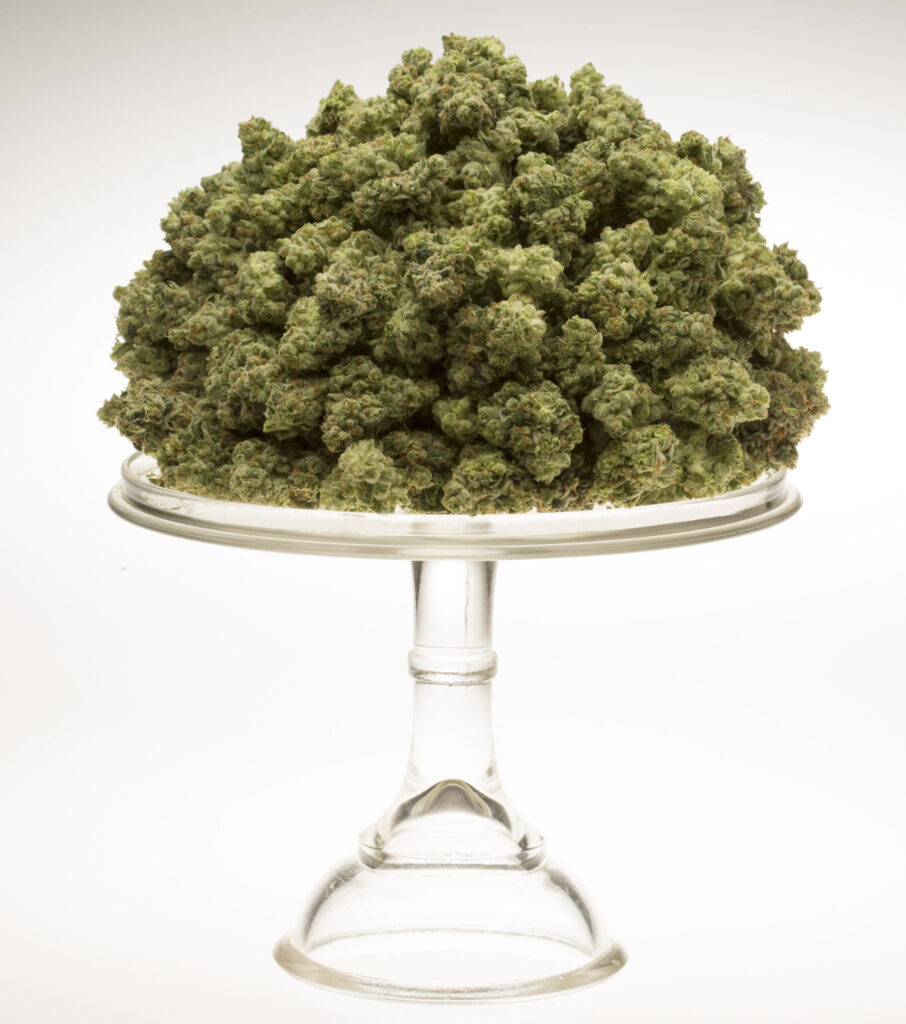
C&T Today: Why is sustainability important to Cryo Cure?
CEO and Co-Founder Tracee McAfee: Sustainability is important to Cryo Cure because we believe that all areas of cannabis need to realize the importance of our carbon footprints. Cryo Cure’s entire process is energy efficient and saves cultivators from excessive bills that normally comes with curing.
C&T Today: What advice would you offer cannabis entrepreneurs looking to make their operations more sustainable?
TM: The best advice is to be smart about the technology that is out there that can make everyone more sustainable — and talk to your peers.
ESG Standards
Environmental, Social, and Governance (ESG) standards are metrics analyzed by investors as non-financial factors that play a role in a company’s opportunities for growth or failure. In 2021, Green Hygienics Holdings published its first annual ESG report.
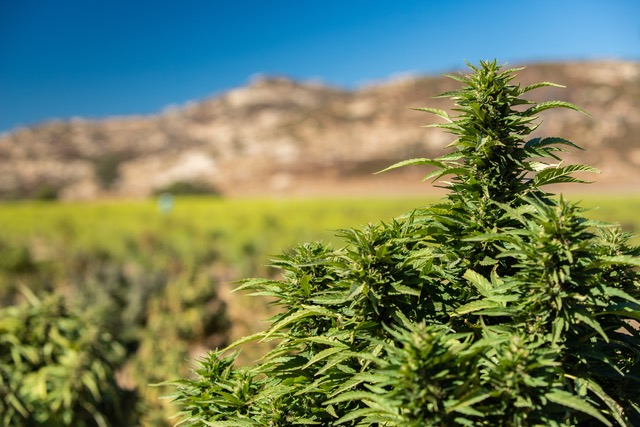
It is the first industrial hemp company in the United States to publish such a report using the Sustainability Accounting Standards Board (SASB) framework. As the largest USDA-Certified Organic Hemp for CBD farm in North America, Green Hygienics Holdings commitment to ESG is a significant step toward creating a more sustainable cannabis industry.
C&T Today: What advice would you offer cannabis entrepreneurs looking to make their operations more sustainable?
Corporate Communications Officer Heidi Thomasen: Consider implementing sustainable practices right from the beginning. We set forth with a USDA Organic certification when we began so we didn’t have to change processes midway, which was helpful.
Also consider moving forward with Sustainable Development Goals (SDGs) in mind as guiding principles and familiarize yourself with SASB industry standards so you have a guideline for what elements of your business you may need to record and report for future ESG reporting if you choose. This will also help you set forth on efficient and consistent record keeping right from the beginning.
Sustainable Stewardship
Recipients of the Sustainable Stewardship Award should demonstrate a commitment to sustainable practices that serve to better their communities and create a stronger cannabis industry.
Ilera Holistic Health (IHH) launched the first THC and CBD products in the state, in conjunction with license partner Southern University. It also advocates for expanded treatment options. It is incorporating recyclable packaging and compostable potting materials into its business model, as well as water reduction strategies.

IHH developed a multiphase Emergency Preparedness Plan to accommodate the region’s erratic climate. It is also identifying new treatment modalities for patients with autism spectrum disorder, adding to the increasing body of research around medical cannabis. (Image courtesy George Castillo Photography.)
C&T Today: What advice would you offer cannabis entrepreneurs looking to make their operations more sustainable?
CEO Chanda Macias: The best advice on sustainability that I could offer to any cannabis entrepreneur is this: know the community you are trying to serve. By understanding things like the people, the climate, the regulatory structure and more, you’ll find unique opportunities to be effective and responsible.
There are also some general good practices that I’d recommend for entrepreneurs everywhere to increase the sustainability of their operations.
These include identifying environmentally-friendly options like using recyclable packaging and compostable potting materials, conserving water by capturing and recycling runoff from plant watering and feeding activities, and, in sunny climates, look for ways to harness solar panels to offset carbon-based energy sources.
Water Conservation
In the cannabis industry, irrigation and sanitation account for the majority of its 2.8 billion gallons of annual water consumption. Sanitation, such as rinsing grow tables and sterilizing equipment, uses water which is often allowed to drain untreated into the environment. Geomat, a water recovery system, is helping curb that waste.
Its EPA- and OSHA-approved system collects waste water from the sanitation process and filters it through aerated holding tanks to be reused during the next cleansing process.
A Geomat water case study from an indoor cannabis cultivation facility found that of the 35,100 gallons of water used each year to clean and sanitize the grow’s equipment, the company’s Geomat system recycled 31,590 gallons of water for later use.
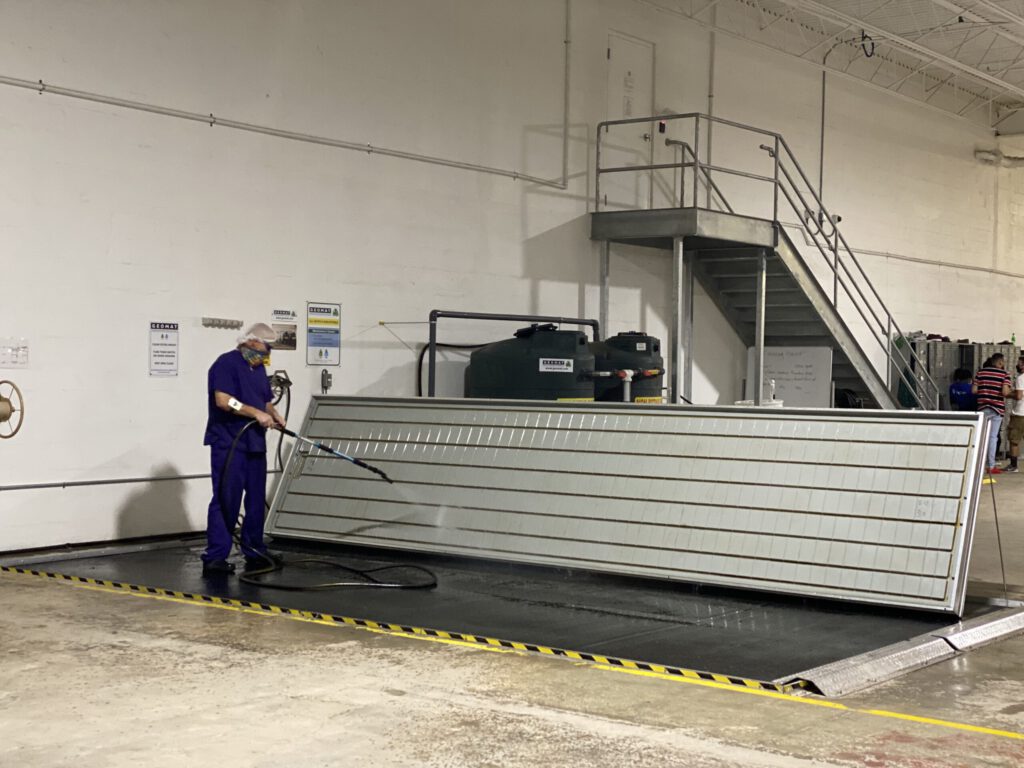
C&T Today: How would you like to see the cannabis sector evolve as far as sustainability is concerned?
CEO Al DeChard: Controlled environment agriculture is amidst a revolution and is poised to be the most significant new market category to emerge in a generation. I would like to see all new cultivation facilities and existing farms try to leave the least environmental impact and become a LEED standard for this growing industry.
As the cannabis market continues to thrive and reach closer towards federal legalization, I believe companies and communities in the industry have the opportunity to make a difference by establishing and adapting sustainable and efficient practices in all aspects of cannabis.
The 2022 Sustainable Leadership Awards are now accepting nominations.
This article was first published in the winter 2021 issue of Cannabis & Tech Today. Read the full issue here for free.
Author
-

Patricia Miller is an executive editor at Innovative Properties Worldwide. She explores science, technology, and policy shaping the legal cannabis sector. Follow her work when you subscribe to Cannabis & Tech Today at cannatechtoday.com/subscribe/ or visit her website https://patriciamiller.squarespace.com/.

